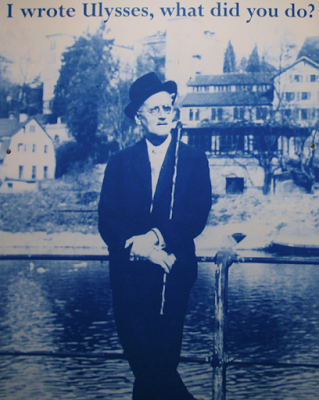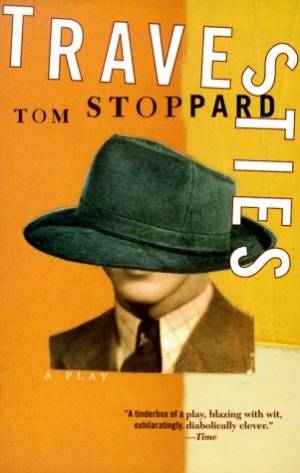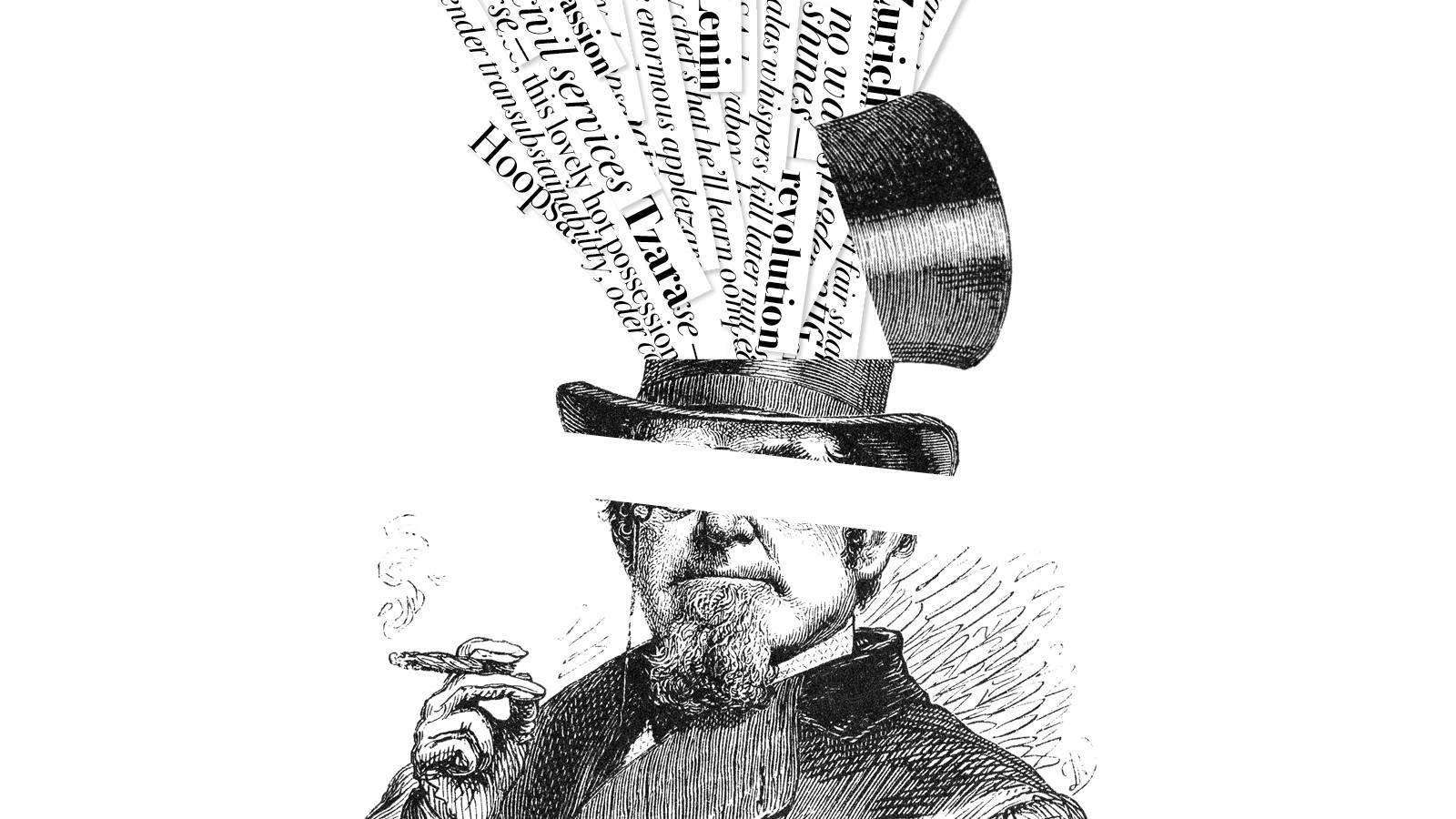It’s tough to tell from the title what Tom Stoppard’s Travesties is about. The University of Illinois Theatre Department will be staging the performance beginning October 19th, so, here is a bit of background on this extraordinary play.
Stoppard has used historical events many times as the center of his plays. But what is unique about Travesties is that he takes a minor event of a minor British consular official, and wraps an entire historical text around him. His name was Henry Carr, and if you have not heard of him, don’t worry — almost no one has.

 Stoppard adds to that his further discovery that Dada founder, Tristan Tzara, and Vladimir Lenin were in Zurich at the same time. They may or may not have encountered Henry Carr, but they weave in and out of “Travesties”, and fun just gets better.
Stoppard adds to that his further discovery that Dada founder, Tristan Tzara, and Vladimir Lenin were in Zurich at the same time. They may or may not have encountered Henry Carr, but they weave in and out of “Travesties”, and fun just gets better.“From these meagre facts about Henry Carr — and being able to discover others — I conjured up an elderly gentlemen still living in Zurich, married to girl he met in the library during the Lenin years, and recollecting, perhaps not with entire accuracy, his encounters with Joyce and the Dadaist Tzara”
 OK, but any issues with a student cast? She said: “There are multiple reasons I was excited to direct this challenging piece with students at the University of Illinois. The university has provided a longer rehearsal process than we could have had at a professional theatre, which is a great advantage for such a complex play”.
OK, but any issues with a student cast? She said: “There are multiple reasons I was excited to direct this challenging piece with students at the University of Illinois. The university has provided a longer rehearsal process than we could have had at a professional theatre, which is a great advantage for such a complex play”.







